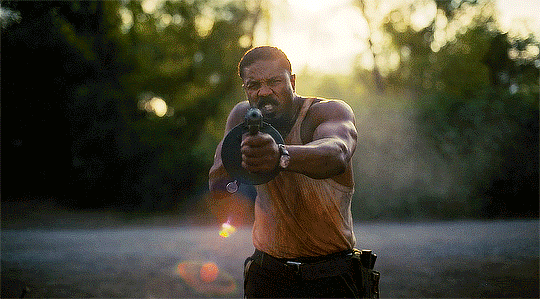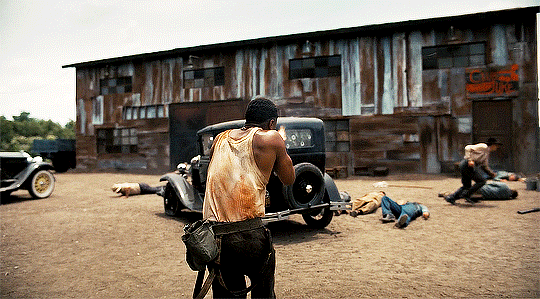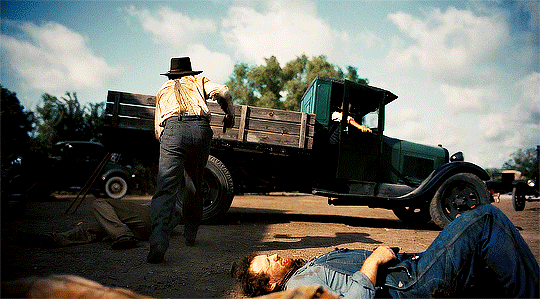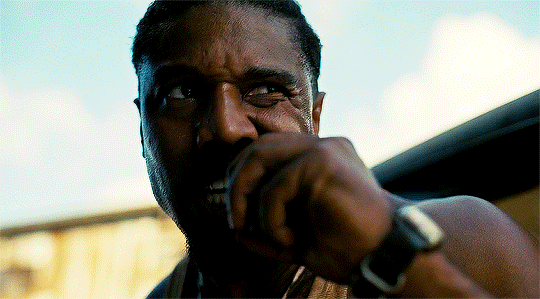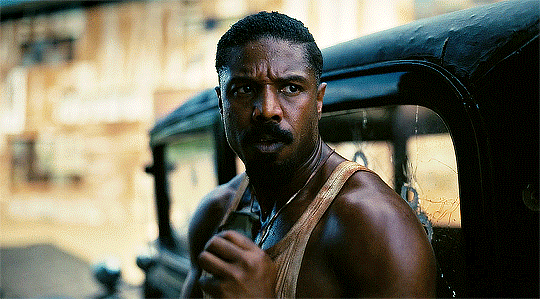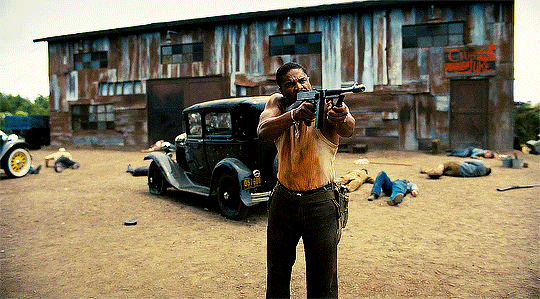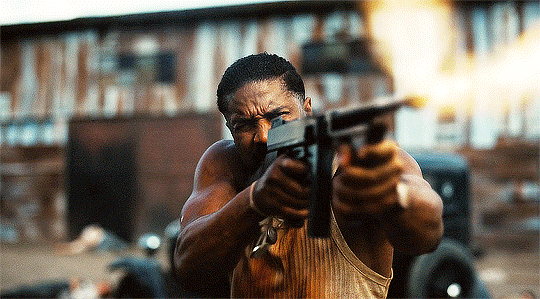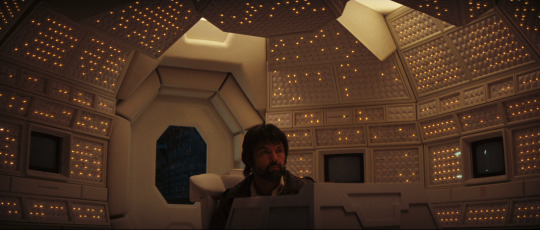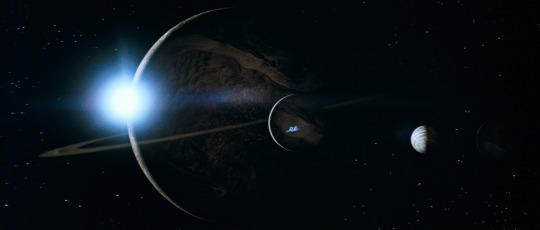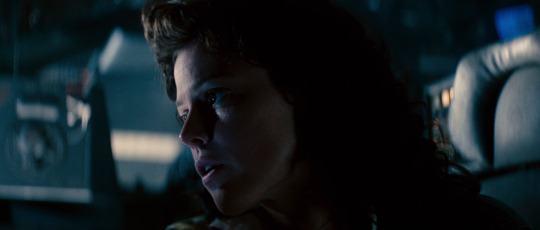Text


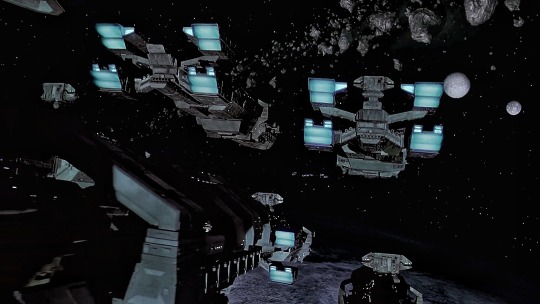



STARSHIP TROOPERS (1997) dir. Paul Verhoeven
200 notes
·
View notes
Text


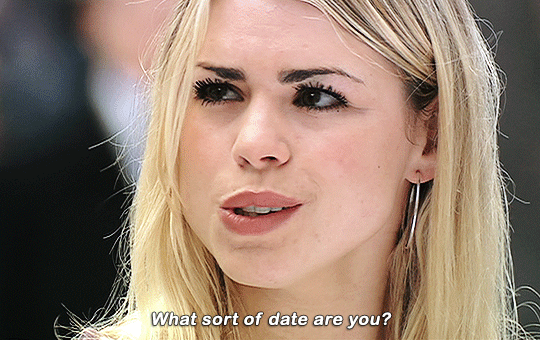
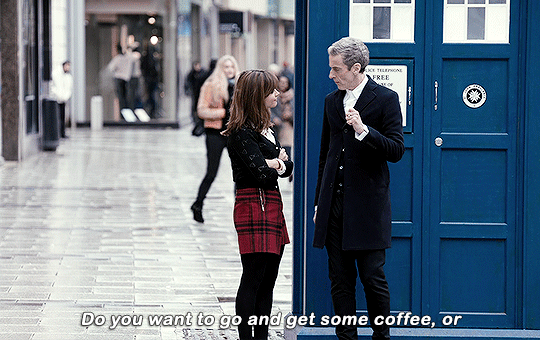
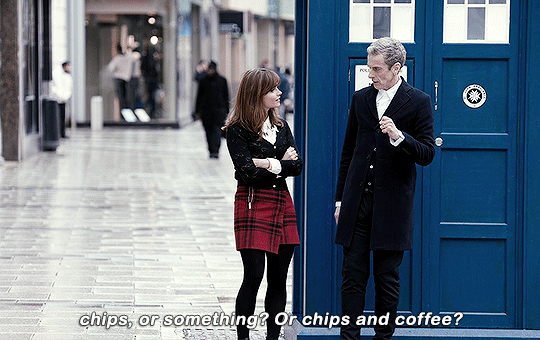
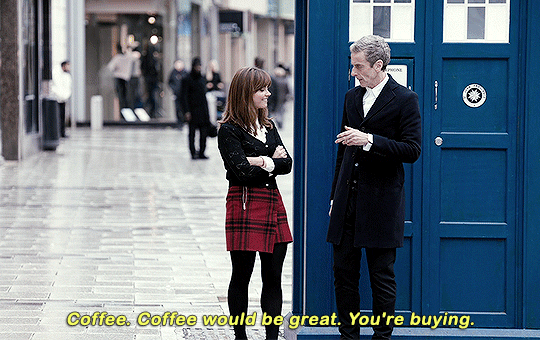
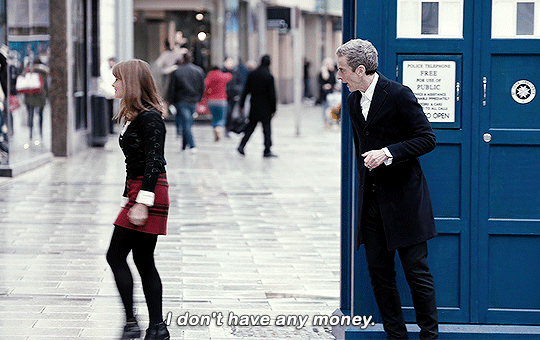
Doctor Who The End of the World | Deep Breath
529 notes
·
View notes
Text
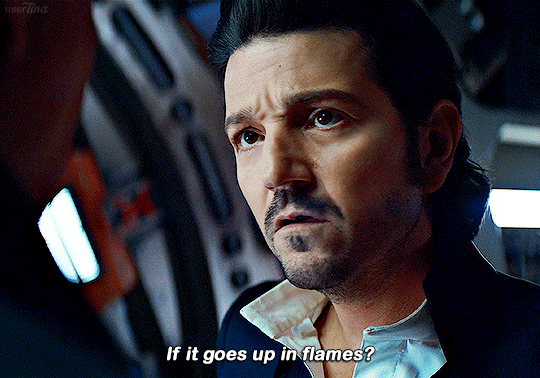
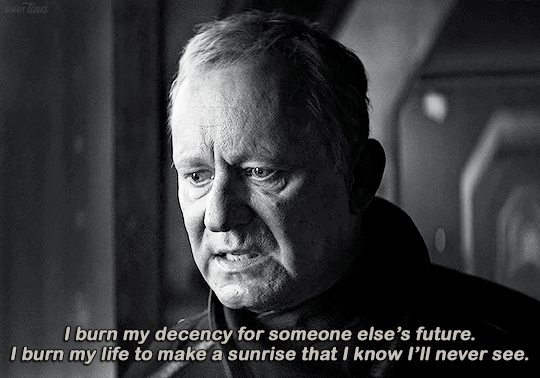
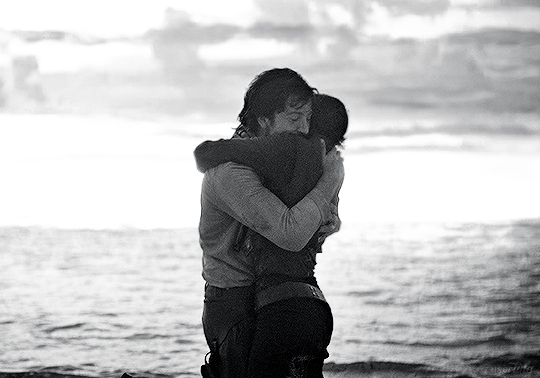

"Light it up."
ANDOR (2022-2025) // ROGUE ONE (2016)
7K notes
·
View notes
Text

Superman: The Last Days of Lex Luthor #2
13 notes
·
View notes
Text

I forget how…green you are.
(Green Lantern: Emerald Dawn #4)
45 notes
·
View notes
Text
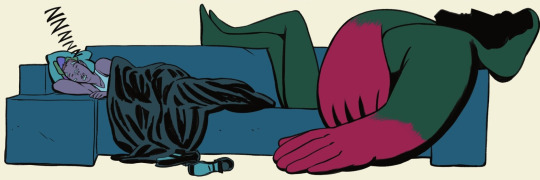
Absolute Martian Manhunter #4 (2025)
written by Deniz Camp art by Javier Rodriguez
124 notes
·
View notes
Text

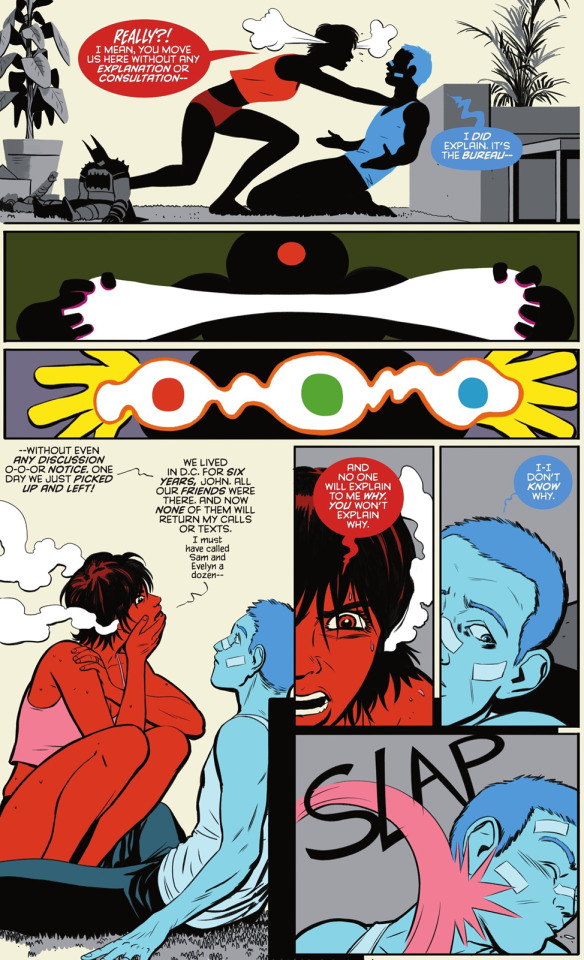
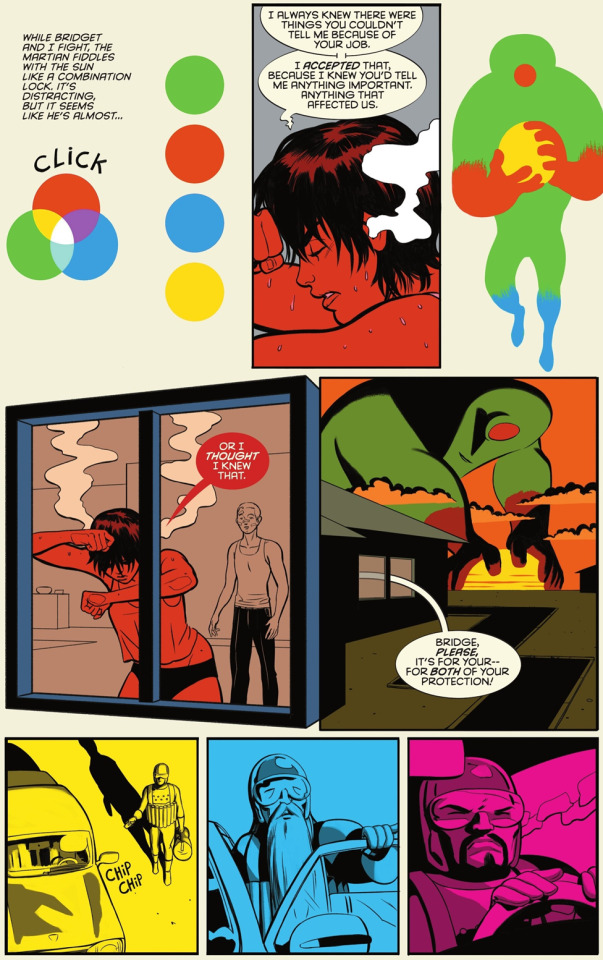

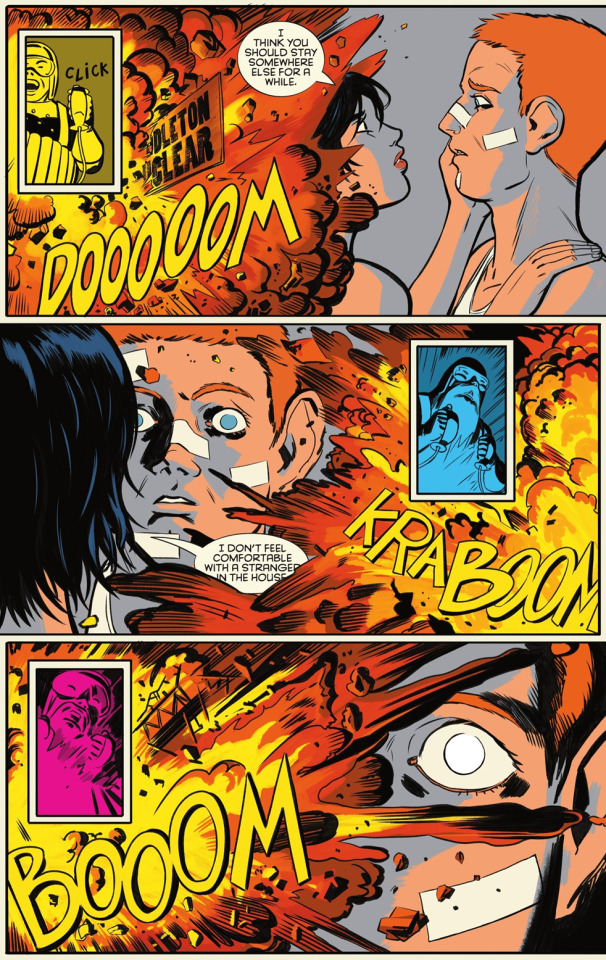
Absolute Martian Manhunter #4 (2025)
written by Deniz Camp art by Javier Rodriguez
225 notes
·
View notes
Text
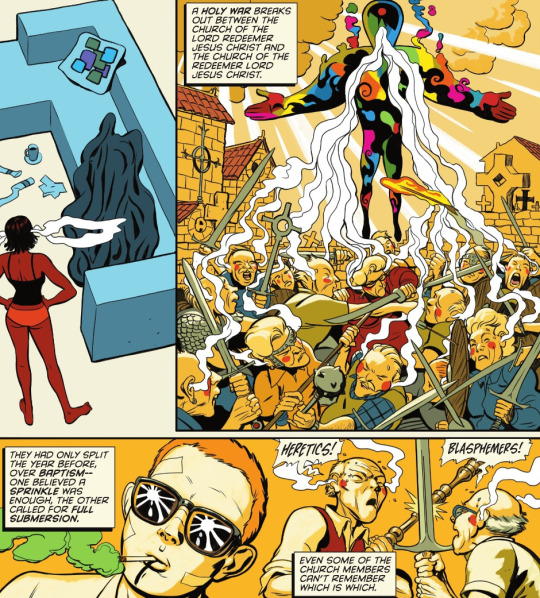
Absolute Martian Manhunter #4 (2025)
written by Deniz Camp art by Javier Rodriguez
65 notes
·
View notes
Text
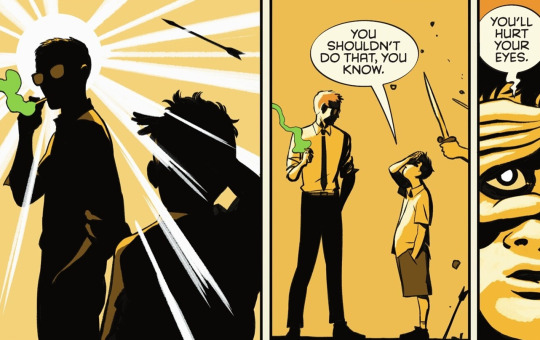
Absolute Martian Manhunter #4 (2025)
written by Deniz Camp art by Javier Rodriguez
60 notes
·
View notes
Text

Absolute Martian Manhunter #4 (2025)
written by Deniz Camp art by Javier Rodriguez
89 notes
·
View notes
Text
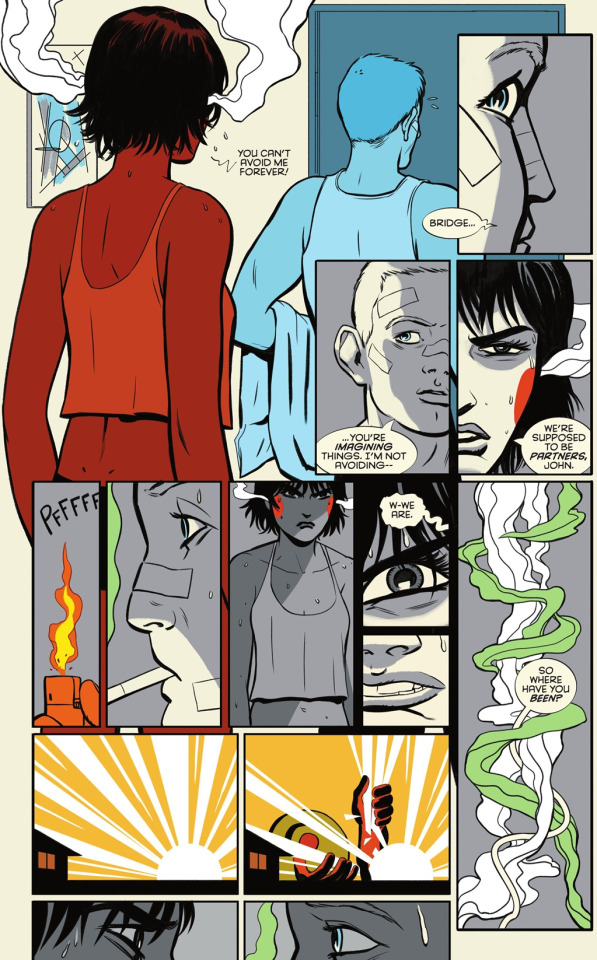
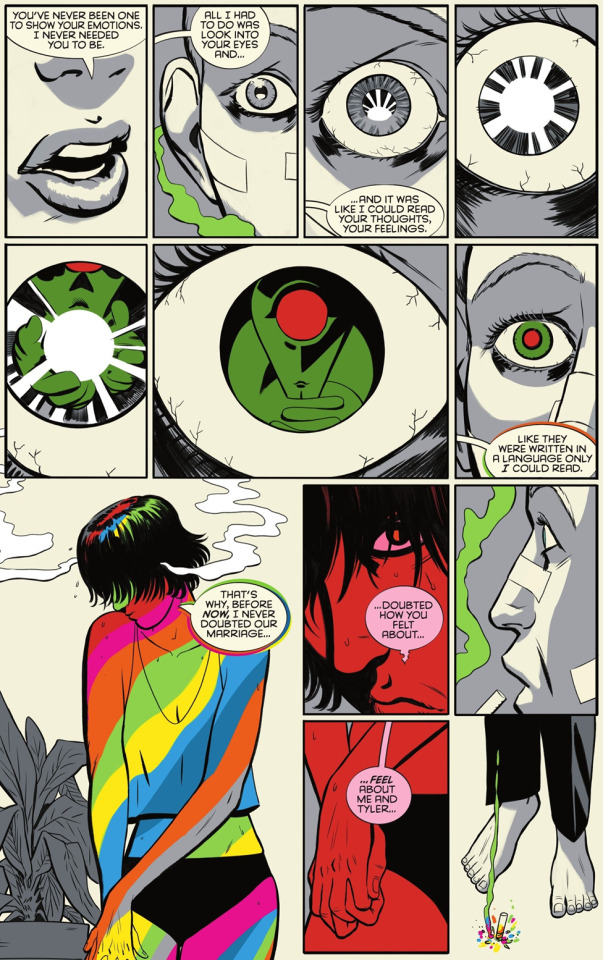
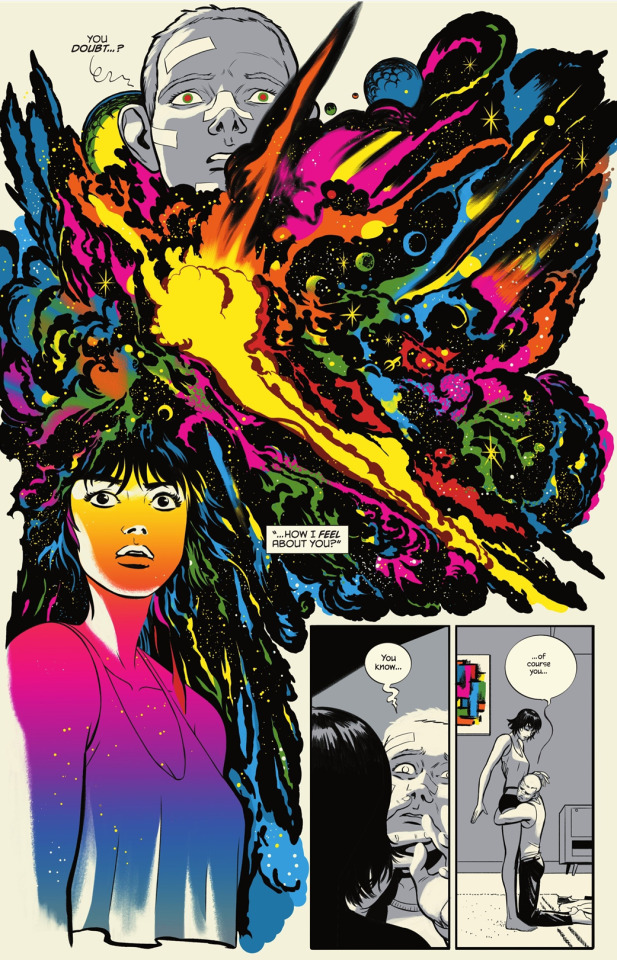
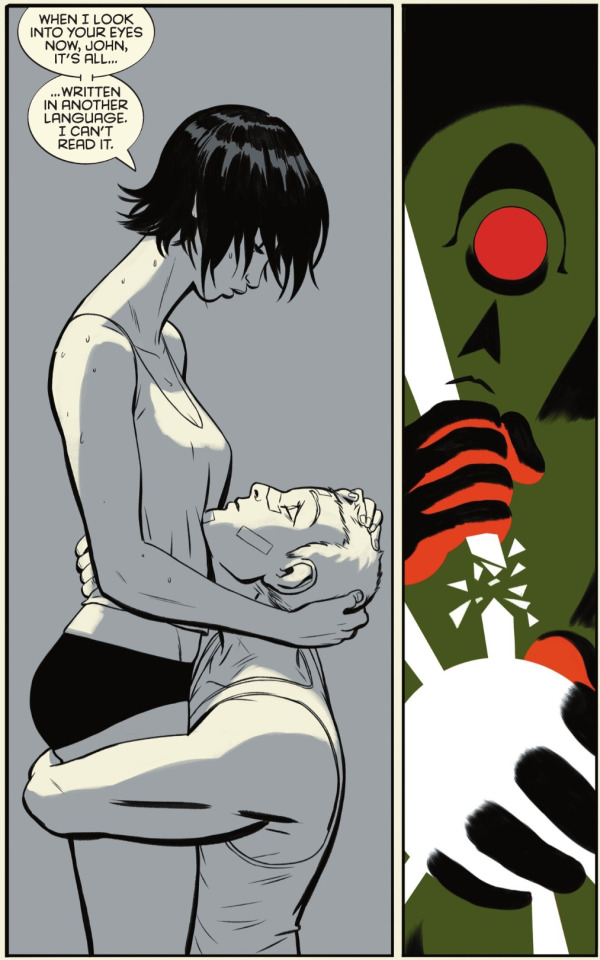
Absolute Martian Manhunter #4 (2025)
written by Deniz Camp art by Javier Rodriguez
164 notes
·
View notes
Text
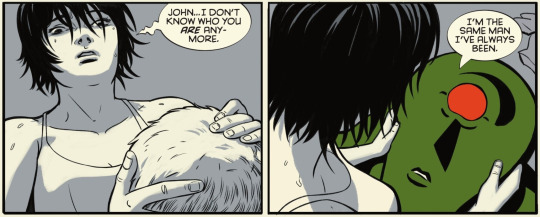
Absolute Martian Manhunter #4 (2025)
written by Deniz Camp art by Javier Rodriguez
147 notes
·
View notes
Text
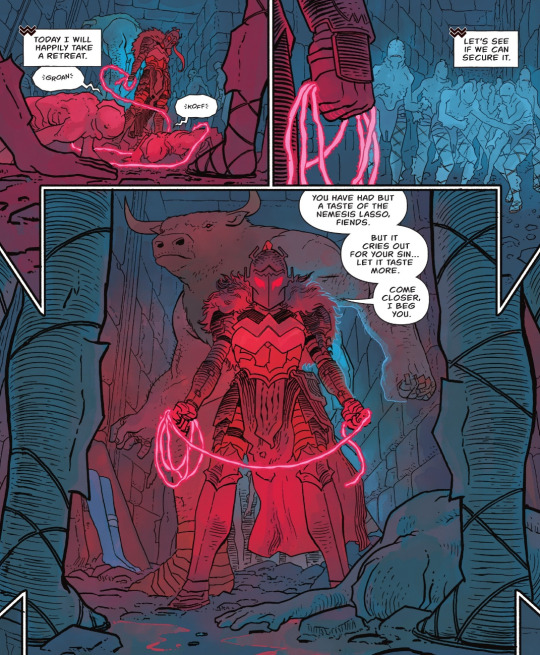
Absolute Wonder Woman #9 - "As My Mothers Made Me II" (2025)
written by Kelly Thompson art by Hayden Sherman & Jordie Bellaire
74 notes
·
View notes


